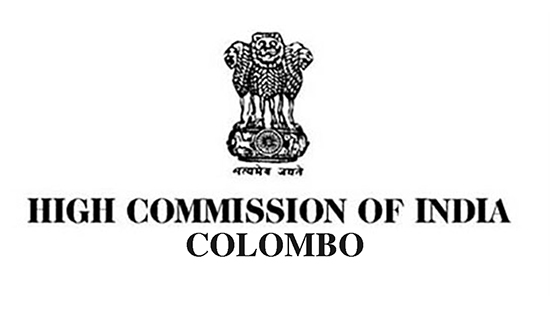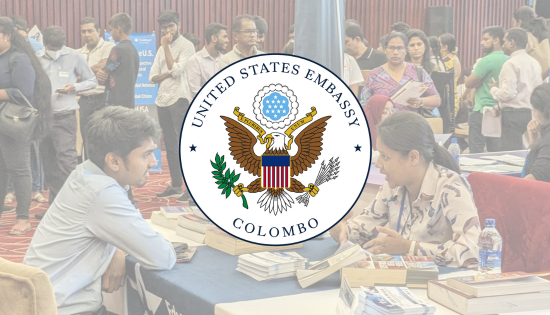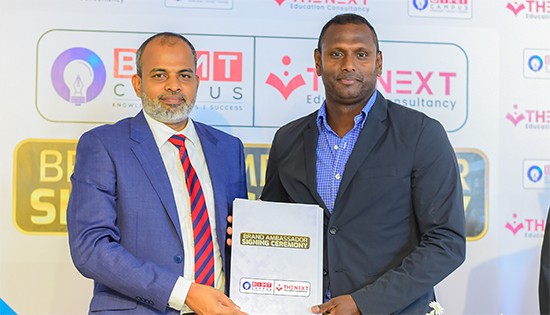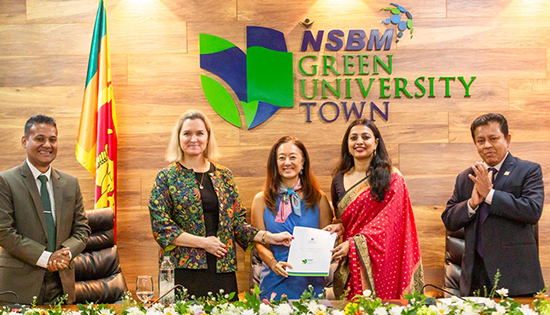A Comprehensive Guide to Education Loans in Sri Lanka: Solutions for Your Higher Education Finance Challenges

Pursuing higher education is a dream for many Sri Lankan students. However, the financial burden of tuition fees, living expenses, and other costs often becomes a significant challenge for families. Education loans provide a lifeline for students aspiring to study locally or abroad, but navigating this process can be overwhelming. This article serves as a guide to understanding education loans in Sri Lanka and offers practical solutions for higher education finance issues.
How to Apply for an Education Loan in Sri Lanka
Step 1: Choose the Right Bank or Institution Several banks and financial institutions in Sri Lanka, including Bank of Ceylon, People’s Bank, Commercial Bank, and HNB, offer education loans with varying terms. Research and compare interest rates, repayment options, and loan terms to select the best option for your needs.
Step 2: Understand Eligibility Criteria Most education loans require the applicant to be a Sri Lankan citizen aged 18 to 55. You will also need proof of admission to a recognized educational institution. A guarantor, such as a parent or guardian, is often required to ensure loan security.
Step 3: Submit Your Loan Application Visit the chosen bank or financial institution and complete the loan application process. Be prepared to submit required documents and, if necessary, provide collateral to secure the loan.
Step 4: Loan Approval and Disbursement Once approved, the loan amount will be disbursed directly to the educational institution or as agreed with the bank.
Documents Required for an Education Loan
Here are the key documents you’ll need to apply for an education loan:
- Personal Documents
- National Identity Card (NIC) or passport
- Birth certificate
- Recent passport-sized photographs
- Academic Documents
- Admission letter from the educational institution
- Educational certificates (e.g., GCE O/L and A/L results)
- Financial Documents
- Bank statements (applicant or guarantor)
- Salary slips or proof of income
- Tax documents (if applicable)
- Guarantor or Collateral Documents
- Guarantor’s NIC, proof of income, and consent letter
- Property documents (if collateral is required)
Related News
Apply Now: French Embassy Research Scholarships 2025 Open for Applications
The French Embassy in Sri Lanka and the Maldives is proud to announce the opening of its annual call for applications to…
Read MoreGCE A/L Results Release Update – www.doenets.lk
The Department of Examinations has announced that the results of the 2024 G.C.E. Advanced Level examination will be released after April 20.…
Read MoreAngelo Mathews Named Brand Ambassador for The Next Education Consultancy & BIMT Campus
In a landmark move that bridges excellence in education with the spirit of sporting greatness, The Next Education Consultancy and BIMT Campus…
Read MoreAustralasian Academy Hosts Thrilling Inter-Culinary Competition 2025
The culinary scene at Australasian Academy was set ablaze with talent and passion as students showcased their exceptional culinary skills at the…
Read MoreEmbassy of Sri Lanka in Washington, D.C. facilitates partnership between NSBM Green University and American University
The NSBM Green University Sri Lanka and the American University (AU) Washington, D.C. formalized an academic partnership, marking a significant milestone in…
Read MoreCourses
-

IMC – Bachelor of Psychology
IMC Education Overview IMC Campus in partnership with Lincoln University College (LUC) Malaysia offers Bachelor of Psychology Degree right here in Sri… -

ANC – BA (Hons) International Business Management (Top-Up)
ANC Education Overview Designed in partnership with public and private business organizations, this program develops one’s ability to critically evaluate business models… -

IIT – BSc (Hons) Computer Science
IIT Campus Overview BSc (Hons) Computer Science provides a solid foundation and training regarding the fundamentals of the computer science field, along… -

APIIT – BSc (Hons) Cyber Security
APIIT Sri Lanka Overview Our BSc (Hons) Cyber Security award is designed to launch your future career in the protection of software… -

ICBS – BSC (Hons) Business Management with Marketing Management
ICBS Overview The BSc (Hons) Business Management with Marketing program, awarded by Queen Margaret University (QMU), is a highly regarded degree that… -

UTS – Diploma of Science
UTS College Sri Lanka Overview The Diploma of Science is designed to empower you to apply scientific thinking and analysis to important… -

CSA – Master of Architecture and Environmental Design
City School of Architecture Overview The Master of Architecture and Environmental Design Degree at CSA is awarded by the University of the… -

APIIT – BSc (Hons) International Business Management
APIIT Sri Lanka Overview Increasingly businesses are becoming more and more international. This requires business management professionals to have knowledge, skills and… -

IIT – BSc (Hons) Artificial Intelligence And Data Science
IIT Campus Overview The BSc (Hons) Artificial Intelligence and Data Science course is awarded by Robert Gordon University (RGU) in the UK… -

ICBS – International Degree Foundation in Business / IT
ICBS Overview The Scottish Qualification Authority (SQA) is a globally recognized organization dedicated to education and qualification development. SQA is responsible for… -

APIIT – BA (Hons) Finance and Business Enterprise
APIIT Sri Lanka Overview Finance and accounting are no longer just about taxation and the management of financial capital. This award will… -

APIIT – MBA General
APIIT Sri Lanka Overview The MBA is awarded by Staffordshire University, UK. This award is an advanced course of study in management… -

ANC – LLM in International Business & Commercial Law
ANC Education Overview This course is designed for graduates of law, business and finance in a legal or a corporate job role… -

AOD – BA (Hons) Fashion Design and Marketing
Academy of Design Overview The syllabus is from the UK’s Northumbria University, as one of their most revered flagship programmes and is… -

APIIT – MSc. Marketing Management
APIIT Sri Lanka Overview This MSc Marketing Management degree – awarded by Staffordshire University, UK is an advanced course of study in…
Newswire
-

Underworld gang arrested with weapons
ON: April 19, 2025 -

IPL points table 2025 | Standings
ON: April 19, 2025 -

Sri Lanka thrash Malaysia to keep Rugby World Cup hopes alive
ON: April 19, 2025 -

5.8 magnitude earthquake jolts Afghanistan, tremors felt in India, Pakistan
ON: April 19, 2025











